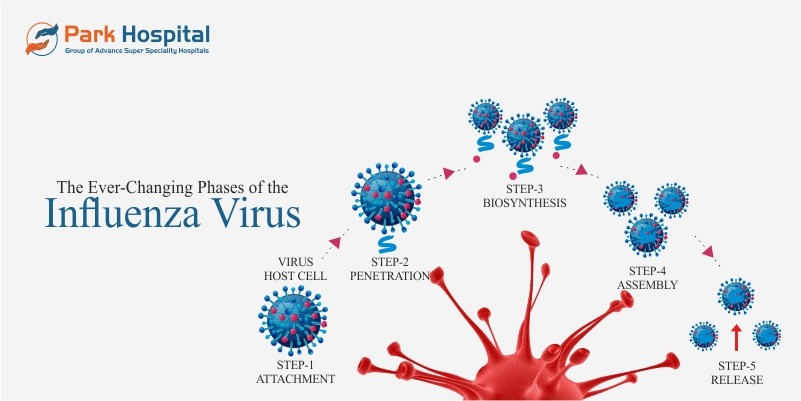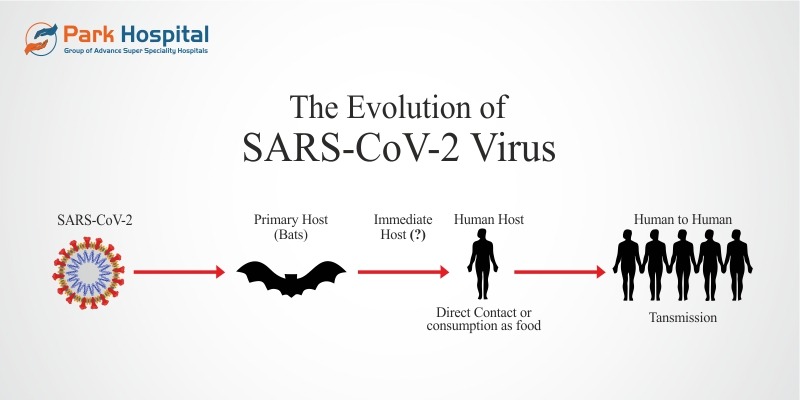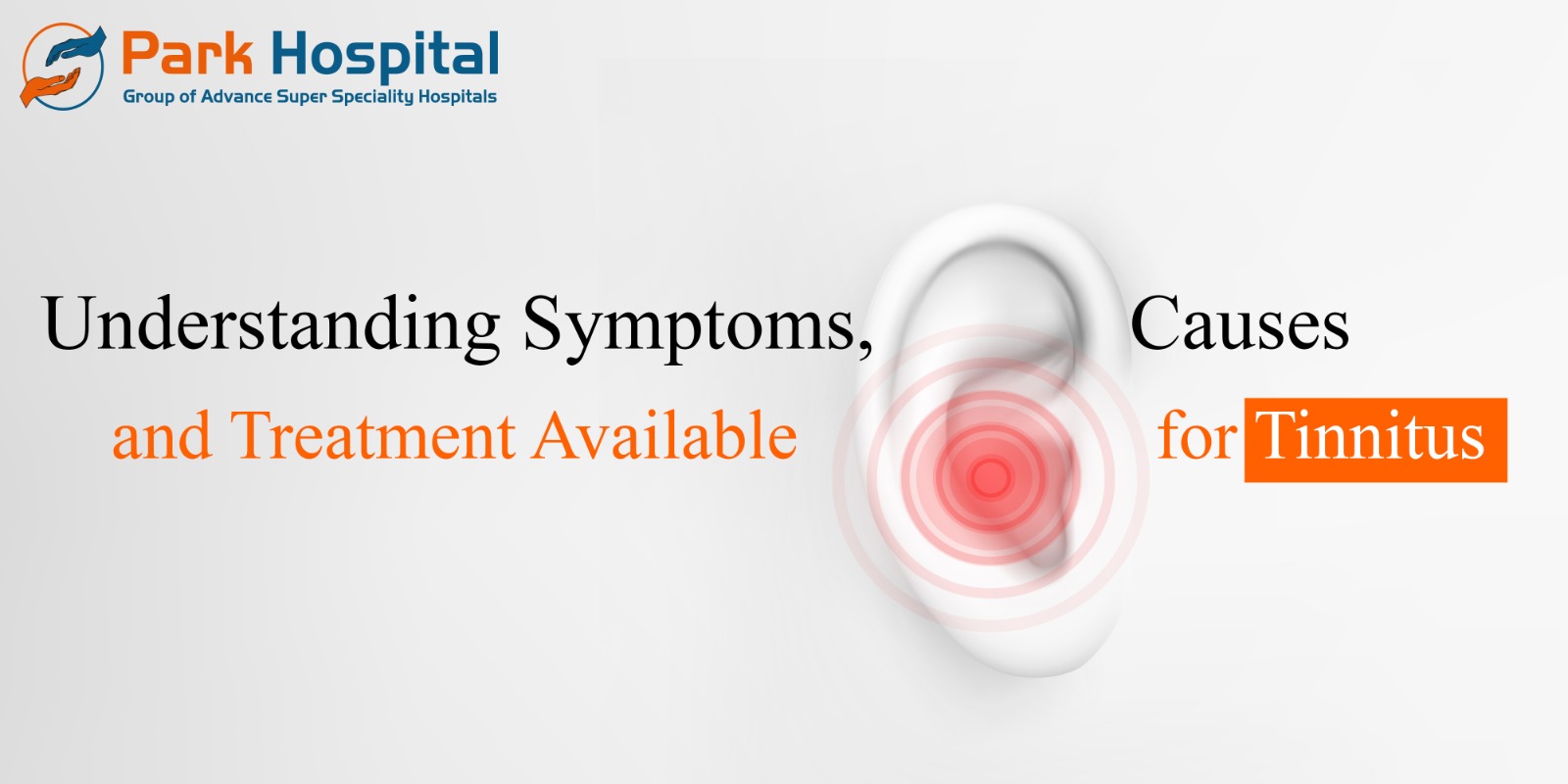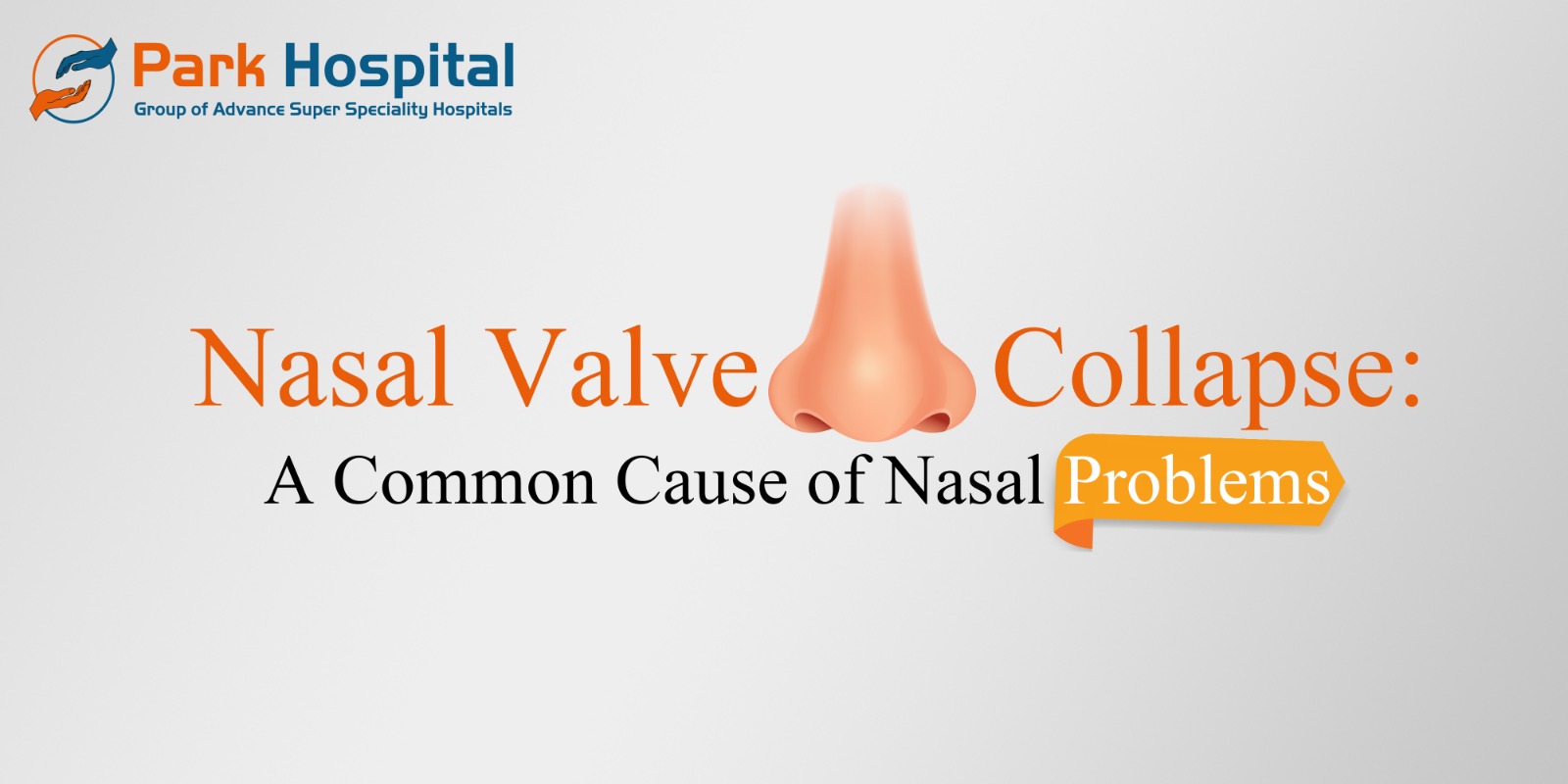Has the loss of blood from your nose ever caused you trouble? If yes, then Epistaxis can be a probable cause behind it. Today, let�s explore what is Epistaxis!
What Is Epistaxis?
Minor bleeding from the blood vessels in the lining of your nose is called Epistaxis, commonly, nosebleed. It is an often found complaint in the children belonging to the age group of 2 to 10 years and older adults of the age group of 50-80 years. Around 60% of people experience nasal bleeding in their lifetime.
Although seeing a sudden nose bleed can be worrisome, but most of the time, nosebleed is not serious and can be managed at home. But, this entirely depends on the type of it.
Types of Epistaxis
There are 2 types of nasal bleeding:
- Anterior Epistaxis
Anterior Epistaxis refers to a nosebleed that originates from the anterior (frontal) part of the nose. It is the most common type of nosebleed and usually involves only one nostril. Most of the time, it originates from the Kiesselback plexus � a vascular network found in the nasal septum � as these arteries can get traumatized easily.
- Posterior Epistaxis
Posterior Epistaxis refers to bleeding from the posterior or superior nasal cavity. Most often, it originates from the Woodruff plexus � a vascular network found in the lateral wall of the nasal cavity. Usually, it involves both the nostrils, and can even flow backward getting swallowed.
What causes nose bleeding?
As causes for Epistaxis, there are many factors that are to be addressed, but the good part is that most of them are not serious.
The most common factor behind nosebleed is dry air. Dry air can be caused by hot, low-humidity climates or indoor air that�s heated which causes the delicate tissue inside your nose to dry out and become crusty or cracked and more likely to bleed when rubbed or blown.
Other common causes of nosebleed can be:
- Nose picking
- Cold and Sinusitis
- Blowing your nose forcibly
- Inserting an object into the nose
- Injury
- Allergic and non-allergic inflammation of the nasal lining
- Blood-thinning
- Inhalation of drugs through the nose
- Chemical irritants
- High altitudes
- Deviated septum � the wall between the nostrils
- Frequent use of nasal sprays and medications to treat itchy, runny, or stuffy nose
- Consumption of alcohol
- Bleeding disorders
- High blood pressure
What is the treatment for Epistaxis?
Nose bleeding treatment depends upon its severity as well as one�s accompanying medical conditions. Minor nosebleeds can be managed at home with simple first-aid measures, but in more serious cases, even surgical interventions can be required.
The first step to stop a sudden nose bleed is to apply direct pressure by pinching the tip of the nose using 2 fingers for 15 to 20 minutes. Sitting straight and leaning forward slightly so that your head is a little tilted can help you to prevent blood from reaching the throat.
These measures can be the effective treatment for Epistaxis, but if the bleeding persists and is severe, causing you difficulty in breathing and you feel like puking because of the blood that has flowed down to your stomach, it can be a serious traumatic injury and you must seek a doctor immediately. For more information on nasal bleedings and their treatment, you can get in touch with the best ENT specialist in Gurgaon at Park Hospital via 1800-102-6767.








